Acesse a sua conta getAbstract para obter o resumo!
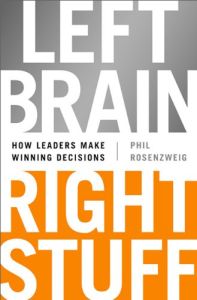
Acesse a sua conta getAbstract para obter o resumo!
Phil Rosenzweig
Left Brain, Right Stuff
How Leaders Make Winning Decisions
Public Affairs, 2014
Sobre o que é?
Strategic business decisions are notably different from investment decisions or purchase decisions.
Recommendation
Most social science research about decision making is not relevant to corporate strategic planning decisions, which are notably different from investment or purchase decisions. Phil Rosenzweig, a professor at IMD, a top Swiss business school, examines business decision making from the point of view of a strategist. He strikes a balance between two recommendations – make a careful “left brain” analysis and be sure you have the “right stuff” to move ahead boldly – as he explains what competitive decision making requires in context. getAbstract praises his innovative model for its broad spectrum of thought and guidance about the nuts and bolts of strategic decision making, and suggests it to decision makers at all levels.
Summary
About the Author
Phil Rosenzweig, author of The Halo Effect, is a professor at the IMD business school in Lausanne, Switzerland and a former assistant professor at Harvard Business School.












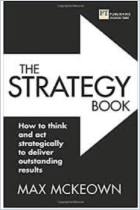
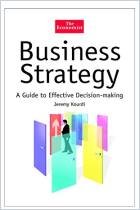
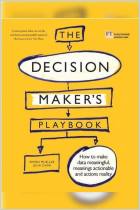


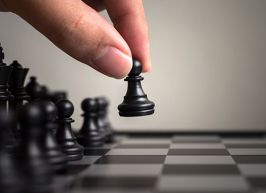



Comment on this summary